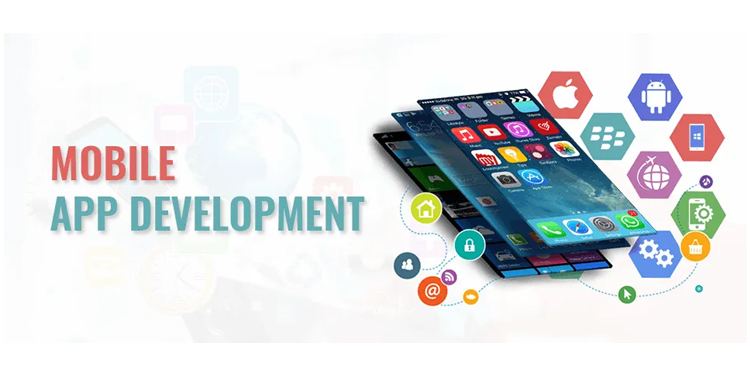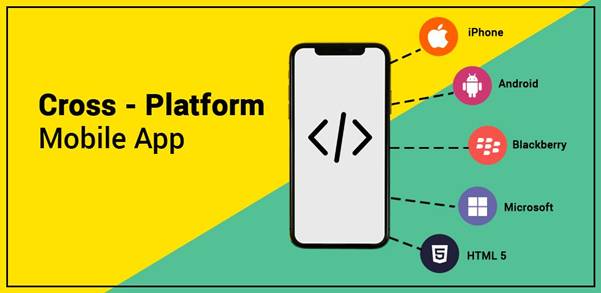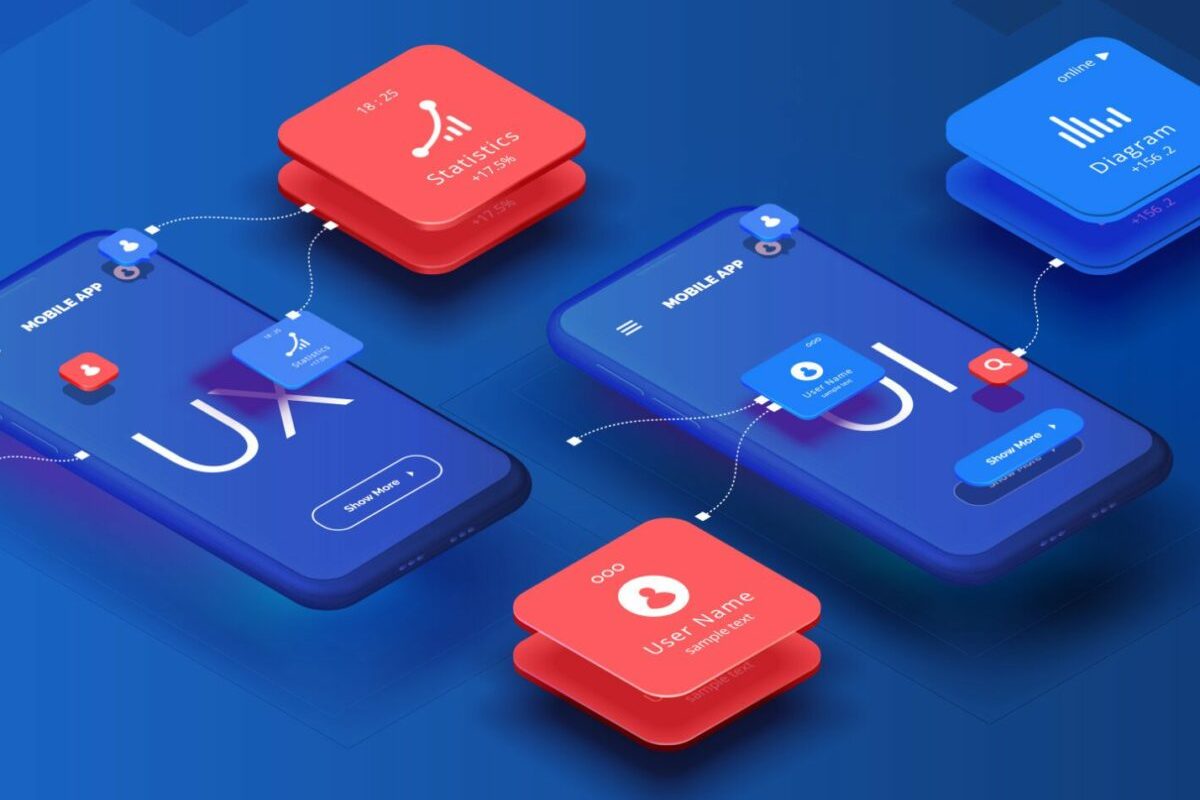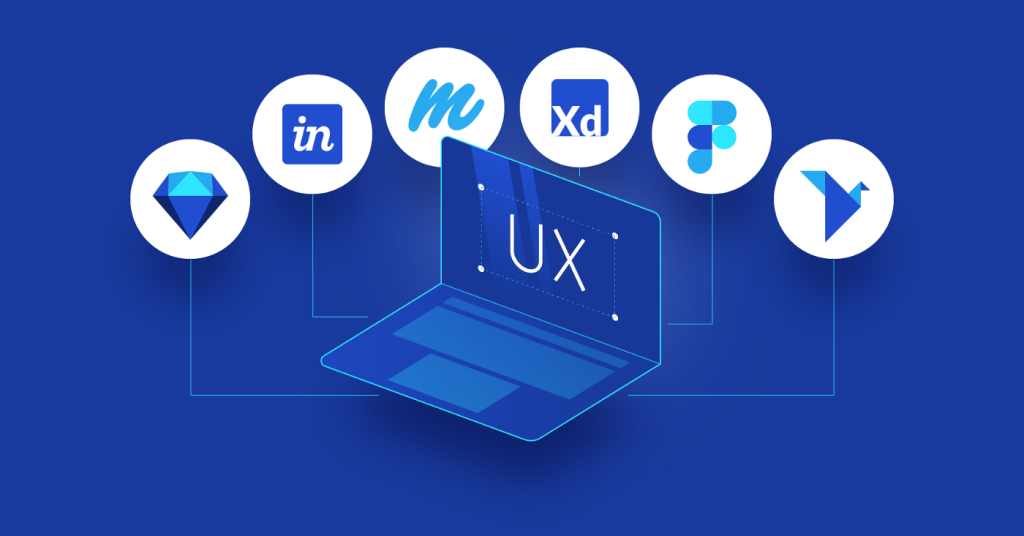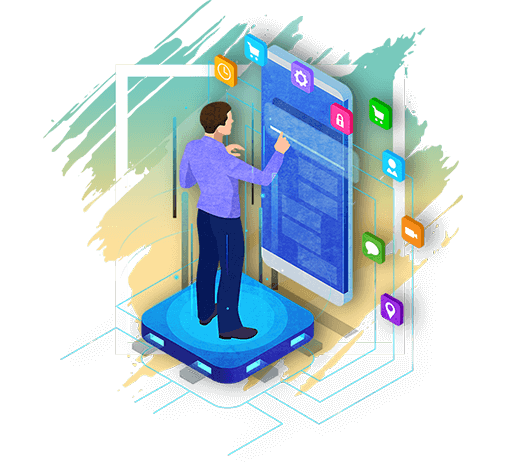The word IoT integration means connecting different devices into one ecosystem. It collects, analyses, exchanges, and acts upon the data to enhance work efficiency. It revolves around device connectivity, management, API, cloud services, privacy, and security systems.
The largest market country of IOT is NORTH AMERICA, due to accelerated growth in smart devices, exploration of artificial intelligence and machine learning based on IOT devices. Since smart devices have taken over, the demand in the IT sector has increased which has converted the cities into “Smart cities”. and its market size is USD 405.69 Billion, according to the research, which means it plays a vital role in the development.

How is it beneficial in the B2B industry?
Cost saving and operational efficiency.
Since the implementation of IOT in B2B, it has shown the potential to improve work efficiency by up to 80%. And reduced the amount of maintenance cost by 25% to 30%, by predictive maintenance and real-time monitoring.
Revenue generation:
Around 84% of businesses reported an increased revenue due to IOT-related implementation as IOT enables data analysis and has the capability to assist the companies to grasp revenue-generating opportunities, optimise products, and enhance customer services.
Improved customer services:
Approximately 55% of Businesses improved the significant impact on their customer services. Since it can gather information, observe behavior, and collect data for the improvement of the product or services. Which leads to customer satisfaction and customer loyalty.
Enhanced design making:
IoT keeps collecting real-time data from different sources and keeps on analyzing the data for emergencies, future trends, and natural disasters. Which helps in reducing the risks and changing the implementation as per the required circumstances. It can manage the risk and change the strategy as per data driven from the resources.
It helps in the decision-making of overall company reputation, marketing strategy, and future trends based on data-driven by customer behaviour.
Environment impact:
IoT has improved the environmental impact of industries. It helped in reducing waste, minimal usage of electricity, and utilizing waste in a beneficial way for the environment. It has created a positive impact on the environment.
“Conserve energy, conserve life”
Market penetration and expansion:
As discussed earlier, IOT has generated a vast amount of revenue for most companies, which leads to an expansion or growth of the company. When working with micro data-driven analysis, it saves our time and energy and leads us to the targeted niche. IOT helps in improving the work environment by monitoring and remote accessibilities. It enables and adapts the difference of culture and analyses the data accordingly which gives us the edge to work in a particular domain with particular demography.
Collaboration and partnership:
It has helped companies to collaborate effectively by seamless integration and interoperability. It encourages the development of an ecosystem where multiple stakeholders, manufacturers, service providers, software developers, and other Businesses collaborate on extensive solutions.
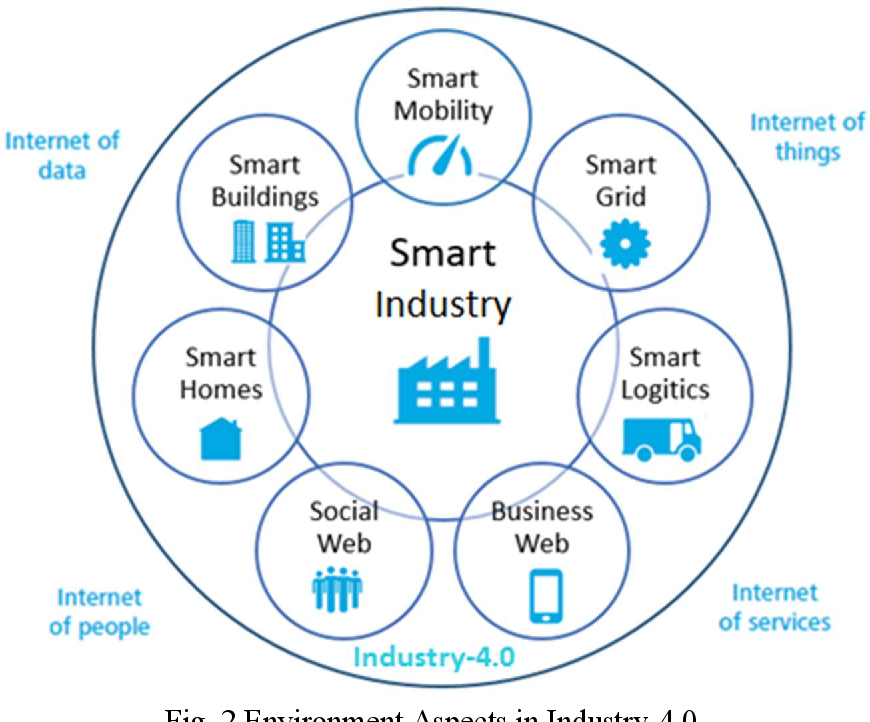
How has IOT revolutionized the era of business?
There was a long journey of growth of IOT, It started in the early 1990’s and has been developing since. After its peak of expansion in 2010, it started to revolutionize global, industries, companies, homes, and regular lifestyles. In 2015, approx 15 billion connected devices were recorded, the Introduction of tech generation began in 3G, 4G, and 5G, IT sector keeps on expanding.
Covid accelerated the growth in 2020, which adopted the idea of remote monitoring in different sectors such as healthcare and contactless solutions. Since then it’s kept on expanding/ advancing into different sectors, and industries and made our lives easier.
Some Highlights of Recent developments related to IOT.
In June 2023, there was a collaborative digitization and industrial IOT lab introduced in Hangzhou, China Telecom. It will concentrate on creating a comprehensive industry IoT solution for Chinese-based industrial Businesses. It’s a joint effort between China telecom Internet of Things subsidiary E-surfing and ABB measurement and analytics.
Another recent development is that a few Qualcomm were introduced by Qualcomm industries to support the development of the next generation of IOT devices, they satisfy the demand for industrial and commercial IoT applications, and provide improved solutions of range capabilities, cutting edge features, and adaptability

What do we provide when it comes to IoT integration?
- Consultancy and strategy development: We believe in assisting our clients with advanced IOT programs by identifying their cases, and causes of risk assessment and implementing IOT programs Aligned with their business goals.
- IOT solution development: we believe in tailoring It solutions to specific Business requirements. Which involves prototypes, development of IOT, hardware-software applications, and embedded systems necessary for connectivity and data collection.
- Hardware integration and connectivity: We assist you with hardware components, sensory, and gateways to ensure seamless connectivity and interoperability within the IOT ecosystem. It includes setting up the hardware, setting up the network, and implementing protocols.
- Software and application development: we provide services creating applications, dashboards, and user interfaces for data analysis, visualization, and management.
- Security and compliances: We implement encryption, authentication, access control, and other security protocols.
We believe
“peace of mind is priceless.”
- Support and maintenance: We believe in ongoing support, form troubleshooting, software updates, and monitoring services for IOT deployment, ensuring optimal functionality and reliability.
- IoT platforms and cloud services: we provide cloud-based solutions for data storage, processing, management, and ongoing optimization of the IOT ecosystem.
Feel free to check out our portfolio: www.mindflaretech.net/portfolio



